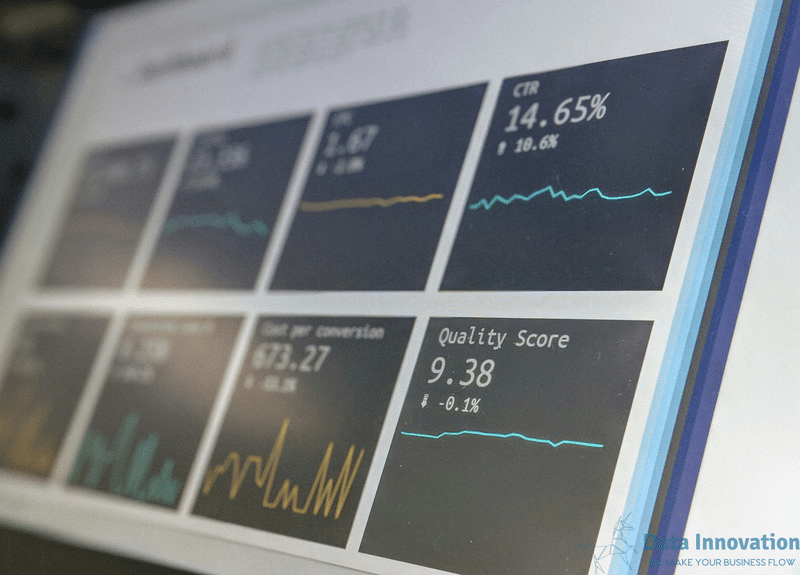Title: Business Process Transformation through Data Optimization
Introduction:
In an increasingly data-driven business world, the transformation of business processes has become essential. Proper data management, analysis, and visualization not only enhance decision-making but completely redefine operational models. This article delves into how data catalog tools can facilitate this transformation, specifying the role of data visualization, ETL processes, and market predictions.
Transforming Processes with Data-driven Insights:
1. Decision-Making Optimization:
The efficient use of tools such as Qlik Data Catalyst and Microsoft Azure Data Catalog allows companies to transform raw data into actionable insights. Advanced data visualization helps business leaders understand complexities and identify emerging trends, minimizing risks and maximizing results.
Data Visualization:
For example, tools like Datawatch and Hitachi Vantara Pentaho offer superior visualization capabilities, enabling users to interpret large volumes of information through interactive dashboards and customized reports. This is crucial for real-time KPI monitoring and developing strategies based on historical and projected performance.
2. Improvement of ETL (Extract, Transform, Load) processes:
ETL processing is essential in data management. Tools like Talend Data Catalog and Informatica Enterprise Data Catalog automate these processes, ensuring that data extracted from various sources is cleaned and transformed efficiently. This not only increases data access speed but also improves its quality, a critical aspect of any data analysis.
ETL and Data Integration:
Consider a hypothetical case where a company uses Oracle Data Catalog to integrate global sales data. Through an automated ETL process, these data are being extracted from ERP systems, transformed according to analytical requirements, and loaded into a BI platform for competitive analysis.
3. Market Predictions and Prospective Strategies:
The ability to predict market trends and respond proactively is crucial. Using machine learning and predictive analytics, tools like IBM Watson Knowledge Catalog and SAP Data Intelligence can detect patterns and forecast trends, allowing companies to stay ahead of competitors and adjust to market demands.
Impact of Analytical Predictions:
A retail sector company could use Apache Atlas to manage historical consumer data and, through prediction algorithms, identify future buying trends. This analysis can guide targeted marketing campaigns and inventory adjustments, resulting in significant improvements in operational efficiency and customer satisfaction.
Conclusion:
The correct choice and application of data catalog tools is a critical step toward the transformation of business processes. In the dynamic environment of 2025, a robust capability to effectively manage data is required, ensuring that any company’s data strategy is aligned with its business objectives. Companies that commit to understanding and applying these tools will be better equipped to innovate and lead in their respective markets.
Data visualization, optimization of ETL processes, and the ability to make accurate market predictions will be decisive in business success. The 18 tools discussed here represent the forefront in data management and analysis, offering companies a lever to not only adjust but to dominate in the era of Big Data.
¡Let’s talk today https://datainnovation.io/contactar/!
Source: Link


